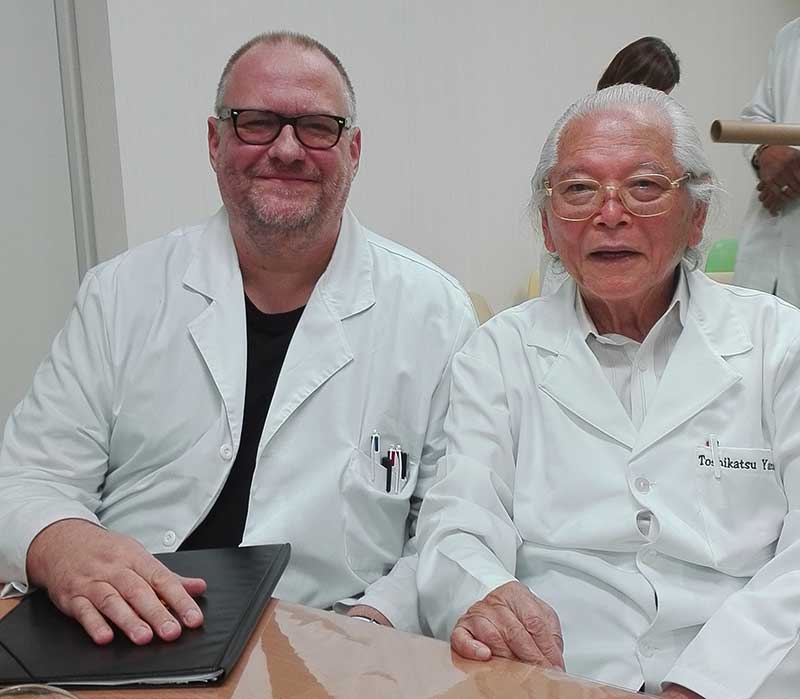Studying Tuina in Ireland

Tuina therapy, an ancient Chinese massage technique, has gained popularity in recent years as an effective and holistic approach to healing. For therapists in Ireland, studying and using Tuina therapy can offer a range of benefits. The practice involves applying pressure and manipulation techniques to specific points on the body, promoting the flow of Qi (energy) and restoring balance. By incorporating Tuina into their practice, therapists can expand their skill set, enhance their treatment options, and provide clients with a unique and effective therapeutic experience.
One of the key advantages of studying Tuina therapy as a therapist in Ireland is the opportunity to offer a non-invasive and drug-free alternative to traditional Western approaches. Tuina focuses on the body's energy channels and acupoints, aiming to stimulate the body's natural healing abilities. By becoming proficient in Tuina techniques, therapists can provide their clients with a therapeutic modality that complements other treatments or serves as a standalone therapy. Tuina can address a wide range of conditions, including musculoskeletal issues, digestive disorders, stress-related ailments, and more.
Furthermore, incorporating Tuina therapy into their practice allows therapists in Ireland to cater to a diverse clientele. In a multicultural society, where people seek therapies from various cultural backgrounds, offering Tuina therapy can attract individuals who appreciate the Eastern approach to health and wellness. Moreover, as Tuina is a hands-on therapy, it fosters a deeper connection between the therapist and the client, promoting trust and enhancing the therapeutic relationship.
Lastly, by studying Tuina therapy, therapists in Ireland can deepen their understanding of the body's energy systems and expand their knowledge of holistic health practices. This can open up opportunities for further specialization and professional growth. Additionally, as Tuina therapy gains recognition and acceptance in Western healthcare systems, therapists with expertise in this field may find themselves at the forefront of a growing demand for complementary and alternative therapies.
In conclusion, the benefits of studying and using Tuina therapy as a therapist in Ireland are multifaceted. By integrating this ancient Chinese massage technique into their practice, therapists can provide clients with a holistic and effective approach to healing. The non-invasive nature of Tuina, its ability to address a wide range of conditions, and its appeal to a diverse clientele make it a valuable skill for therapists seeking to expand their treatment options and enhance their professional growth in the ever-evolving field of healthcare.


